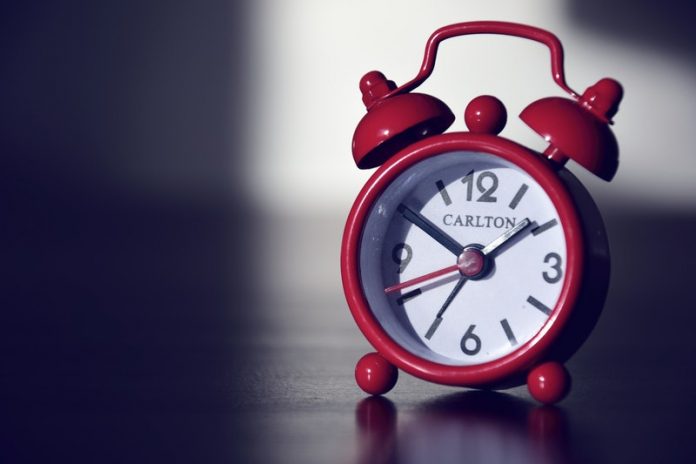
In a new study, a new treatment for chronic insomnia, transcranial alternating current stimulation, has been found to be effective.
Not all people with chronic insomnia respond to the recommended therapy options of cognitive-behavioral therapy and approved hypnotic drugs.
Transcranial alternating current stimulation may offer a novel potential treatment modality for insomnia.
This study aimed to examine the effect and safety of transcranial alternating current stimulation for treating people with chronic insomnia.
Sixty-two participants with chronic primary insomnia received 20 daily 40-minute, 77.5-Hz, 15-mA sessions of active or sham transcranial alternating current stimulation targeting the forehead and both mastoid areas on weekdays for four consecutive weeks, followed by a four-week follow-up period.
The team found at the end of the four-week intervention, the active group had a higher response and remission rates than the sham group.
At a four-week follow-up, the treatment group had better sleep quality compared to the control group, although remission rates were not different between groups.
In addition, compared with the group, the treatment group showed improvements in total sleep time, sleep efficiency, and sleep quality.
The group receiving transcranial alternating current stimulation showed improvement in symptoms both at post-intervention and four-week follow up without reporting serious side effects.
These findings show that the transcranial alternating current stimulation may be an effective and safe intervention for chronic insomnia within eight weeks.
The study is published in Psychotherapy and Psychosomatics.
Copyright © 2020 Knowridge Science Report. All rights reserved.



